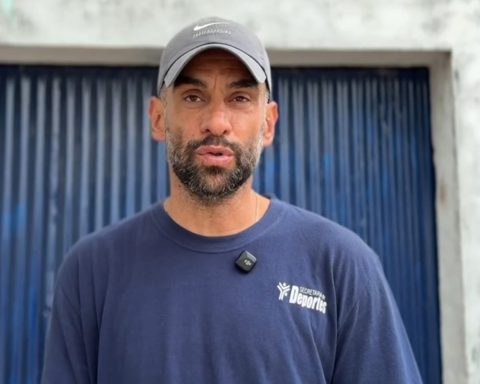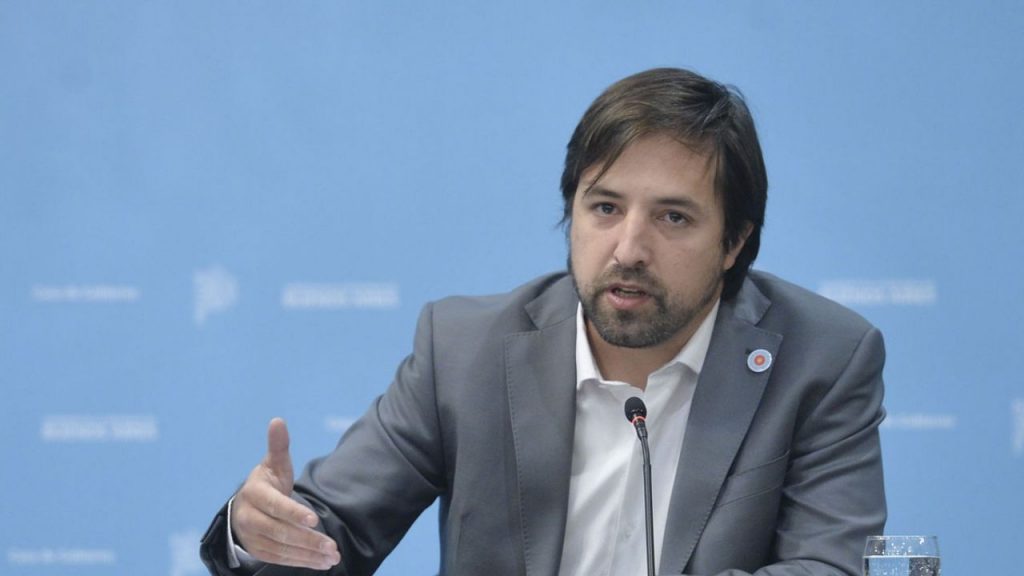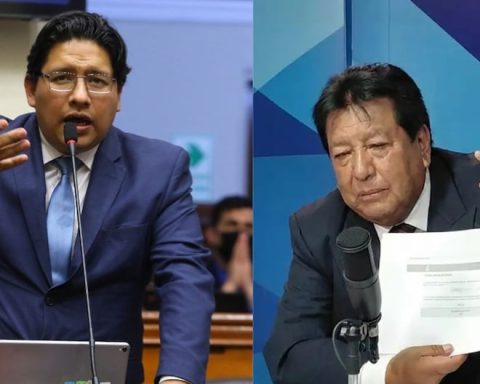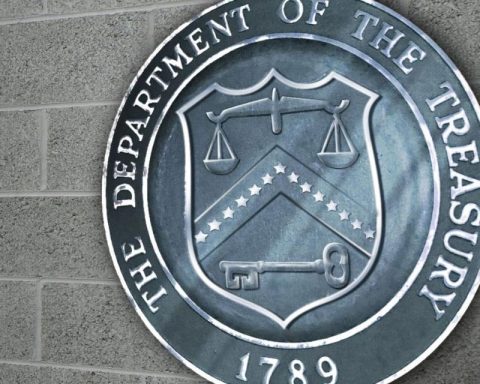The National Advisory Commission on Vaccines (CNAV) decided this Wednesday to recommend vaccination in children under 12 years of age and now the Ministry of Public Health aspires to start immunizing in February, before the start of classes, but it depends on the arrival of the vaccines.
“As an idea yes (start in February). Then it will be seen in reality what happens with the arrival times“, said to The Observer the Minister of Public Health, Daniel Salinas.
When the government agreed with the Pfizer laboratory to purchase new vaccines for adults, it signed a clause in which it was established that Uruguay could access vaccines for children in the event that the United States Food and Drug Administration (FDA) approves the immunization for children between 5 and 12 years old. That has already happened and this Wednesday it received approval in Uruguay.
The Secretary of the Presidency, Álvaro Delgado, said this Wednesday that in the coming days the government will contact the Pfizer laboratory to agree on the deliveries of vaccines that will be used to inoculate children. “We will be agreeing with the Pfizer laboratory how is the sequence and delivery of the vaccines and the dates,” he said, adding that vaccination is not mandatory but “the responsibility of the government is to have the availability of vaccines for those who want it. do with parental consent “.
“These days we are going to set a date for when the doses can begin to arrive,” he said, according to El País.
Some pediatricians had already marked the start of classes as a key date to define the start of vaccination in children. “It does not seem to me now the time to go out urgently to vaccinate children, I consider it as a perspective for next year, prior to the start of classes,” said the pediatric infectious disease specialist Álvaro Galiana at the end of October.
The government estimates that there are about 290,000 children of these ages, so 580,000 doses would be needed. The vaccine is different: it uses a dose three times lower (10 milliliters instead of the 30 used by adults) and different capsules.
Salinas also addressed the issue on Twitter, saying that “vaccination prevents truancy, or not being present, especially in vulnerable populations, impacts on educational quality (for connectivity) and eventually food they receive at school. “He continued in the thread explaining that “the non-obligatory nature is maintained” on vaccination in this age group and highlighted that Uruguay would have “time for 3 months to evaluate the experience of countries that have already received it “.
The non-obligatory nature is maintained. And we will have time for 3 months to evaluate the experience of the countries that have already received it.
– Daniel Salinas (@DrDanielSalinas) November 25, 2021
On Europe Pfizer’s vaccine against coronavirus was approved this Thursday for children between 5 and 11 years old. Also, they already approved it United States, Israel, Canada.
As reported by the European Medicines Agency (EMA), this vaccine has shown a 90.7% efficiency in a test carried out on a sample of 2,000 children within the age range. Side effects were classified as “mild and moderate”. They are expected to last a few days and manifest as localized pain at the vaccination site, fatigue, headache and / or muscle pain, or a cold. The EMA considers that “the benefits of the vaccine in children from 5 to 11 years old outweigh the risks”.
















